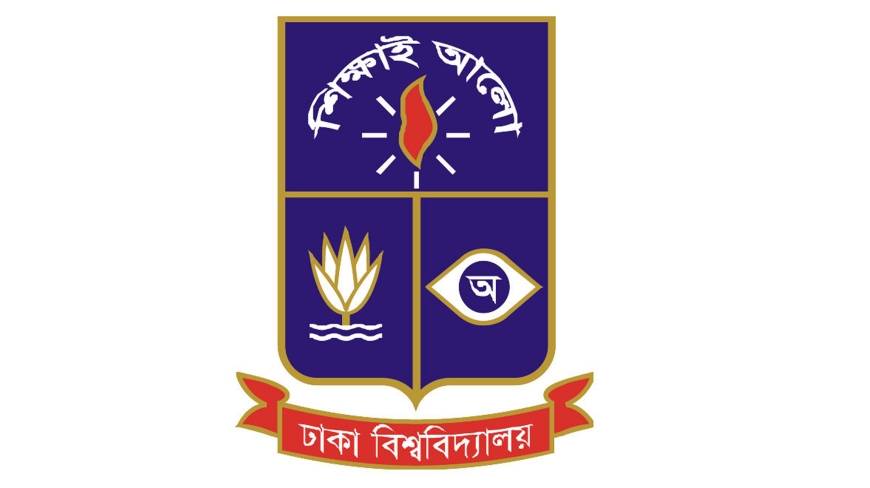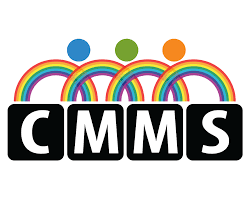Exploring the factors that inhibit or contribute to the sustainability of school interventions on menstrual health (MH)
View knowledge productThe project comprised two primary elements: an examination of the sustainability of school interventions within the Ritu program, and the dissemination of the resultant findings. Dhaka University, supported by Simavi and Bangladesh Nari Progati Sangha (BNPS), conducted the study. After formulating a study proposal and designing questionnaires, researchers visited the district where Ritu was active. As the six selected schools remained closed due to COVID-19 lockdowns, BNPS assisted in locating headmasters, teachers, students, and government officials for interviews. BNPS also facilitated the researcher’s visits to the schools to inspect the constructed toilets. Based on the gathered information, a report outlining the primary findings was drafted by the researcher. Using this information and additional insights from discussions with the researcher, Simavi developed a fact sheet summarizing the main findings and lessons learned. BNPS utilized this document to create a position paper (for publication) and a policy brief (for advocacy). These documents formed the core material for the online Learning and Sharing event organized by BNPS on April 15th, 2021, to disseminate and discuss the findings. Additionally, the study and key findings were presented in a webinar organized by Simavi in collaboration with Share-Net on December 3rd, 2021. Furthermore, the fact sheet was disseminated through social media platforms and the newsletter of the Menstrual Hygiene Hub.
Knowledge product details
-
Small Grants
-
2020
-
Bangladesh
-
Menstrual health and hygiene
-
Women and girls
-
Youth SRHR
-
Share-Net Bangladesh
-
Share-Net Netherlands
-
Bangla
-
English
-
Policy Brief
-
Research
-
Webinar






